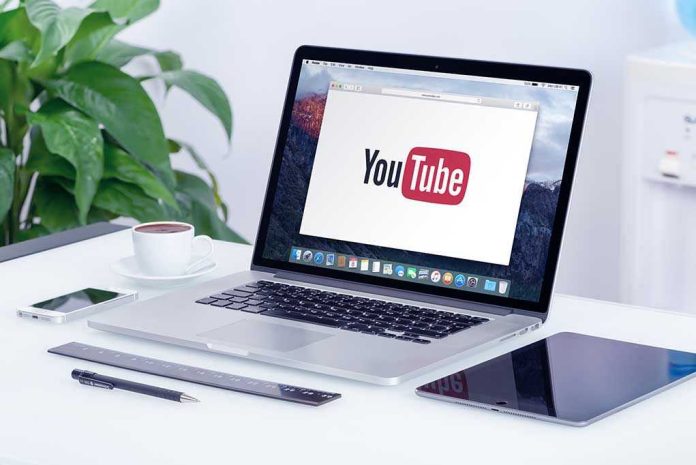
Google has just wiped out nearly 11,000 YouTube channels linked to China and Russia, and the implications are as massive as they are controversial.
At a Glance
- Google removed nearly 11,000 YouTube channels in Q2 2025.
- Over 7,700 channels were linked to China, promoting pro-China narratives.
- More than 2,000 channels were related to Russian state media operations.
- This move highlights the ongoing battle against state-sponsored propaganda.
Google’s Massive Takedown of Propaganda Channels
Google’s Threat Analysis Group (TAG) has taken a bold step by removing nearly 11,000 YouTube channels, primarily linked to China and Russia. This unprecedented action in Q2 2025 underscores a significant escalation in the fight against digital disinformation. The bulk of these channels, over 7,700, were tied to China, pushing narratives that bolster President Xi Jinping’s regime and criticize U.S. foreign policy. The rest, over 2,000, were connected to Russia, spreading Kremlin-approved content and attacking Ukraine and the West.
This move by Google comes amidst a backdrop of rising global tensions, particularly between the U.S. and China, and the ongoing conflict involving Russia. It represents a critical stand against the use of social media platforms as tools for state-sponsored propaganda. The historical context of these actions traces back to the early 2010s when China began ramping up its digital influence operations, which have since grown in sophistication and reach.
The Strategic Fight Against Influence Operations
The decision to eliminate these channels is not just about removing harmful content; it’s a strategic effort to protect the integrity of information on platforms like YouTube. Google’s TAG, responsible for this operation, aims to prevent the spread of disinformation and maintain user trust. However, this action could strain diplomatic relations with the countries involved, especially China and Russia, who might view this as an overreach of U.S.-based tech influence.
Such moves are not without precedent. Back in 2022, YouTube blocked RT and other Russian state media, setting a precedent for today’s actions. Earlier this year, over 23,000 accounts were removed for similar activities. These steps highlight a significant commitment to countering coordinated influence campaigns, although critics might argue about the potential implications for free speech and accusations of censorship.
Impact and Future Implications
The immediate impact of these removals is a reduction in the reach of state-sponsored propaganda, but the broader implications are profound. This could lead to increased scrutiny of social media platforms and their role in information warfare. It also raises questions about the balance between combating harmful content and respecting freedom of expression.
Looking ahead, this action could accelerate the development of more sophisticated AI tools to combat these influence operations. However, it also sets the stage for an ongoing arms race between tech platforms and state-backed entities continually evolving their tactics. The economic impact could involve a loss of ad revenue for YouTube, whereas socially, it might lead to heightened awareness and possibly greater polarization as entrenched narratives are challenged.












